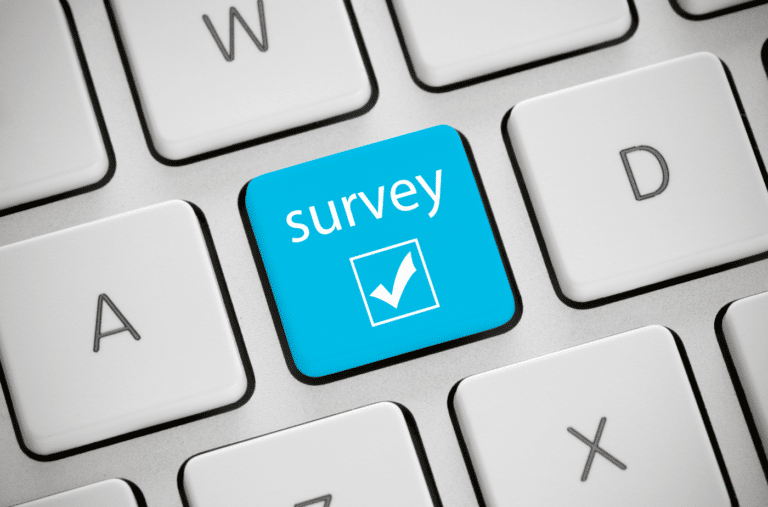By Daniela Imig, Implementation Specialist
Pretrial risk assessments traditionally rely on a combination of static factors, including the defendant’s criminal history and the severity of the offense, and dynamic factors, such as substance use history. Artificial Intelligence (AI) promises to enhance this process by analyzing vast amounts of data quickly and identifying patterns that may not be evident to human assessors. Here are some potential benefits:
- Objective Decision-Making: AI can review data without the personal biases that may influence judges. This may mean fairer decisions for defendants.
- Efficiency: AI quickly analyzes data and produces risk scores, speeding up the decision-making process. This is especially helpful in busy courts where fast decisions are essential. Additionally, eliminating human scoring eliminates potential scoring biases.
- Consistency: Unlike humans, AI uses the same criteria for every case, leading to more consistent and predictable outcomes.
- Data-Driven Insights: AI can find patterns in historical data to make more accurate risk assessments. For instance, it can pinpoint factors that strongly predict whether someone will miss court or commit another crime.
While the potential benefits of AI in pretrial risk assessments are compelling, there are several ethical and practical concerns that must be addressed:
- Bias and Fairness: AI systems are only as good as the data they are trained on. If historical data reflects existing biases, such as racial or socioeconomic disparities, the AI system will perpetuate these biases. Ensuring fairness requires rigorous testing and ongoing monitoring to detect and mitigate biased outcomes.
- Transparency: AI algorithms can be complex and opaque, making it difficult for defendants, attorneys, and even judges to understand how risk scores are calculated. This lack of transparency can undermine trust in the system. Ethical pretrial assessments will show any user how the score was calculated.
- Accountability: When AI systems influence critical decisions about a person’s liberty, it is essential to establish clear accountability. Who is responsible if the AI makes a mistake? Developing a framework for accountability is a significant challenge.
- Overreliance on Technology: There is a risk that judges and other decision-makers might place too much trust in AI-generated risk scores, potentially overlooking important contextual factors that the AI may not consider. A pretrial assessment is not intended to be the sole document for judges to rely on for making decisions about a defendant’s release; in fact, pretrial assessments should never be used to detain a defendant.
The bottom line: Don’t let AI scare you! There are so many helpful areas in pretrial that you can utilize AI safely and responsibly. Leveraging AI in pretrial assessments can enhance objectivity, consistency, and data-driven insights in the decision-making process. Be mindful of ethical concerns such as bias and transparency and remember not to over rely on any technology when it comes to ensuring accountability in the criminal legal system.






